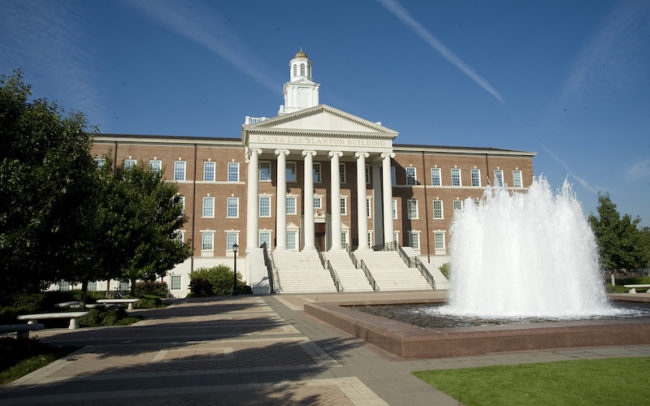The COVID-19 pandemic has forced colleges around the country to transition all campus activities online, leaving basic on-campus resources, like housing and dining, out of reach for the students who pay for them. In this insecure and vulnerable time, SMU has an obligation to reimburse students for such expenses as soon as possible.
In a March 20 announcement, President Turner said, “SMU is currently determining the best approach for prorating refunds for certain charges such as residence halls and dining. The refund process is currently under development and will be resolved by no later than the end of the semester.” While the situation requires thorough consideration from the university, its urgency demands rectification much sooner than by the end of the semester.
The coronavirus situation has left many families financially insecure. People are losing jobs, closing businesses, and attempting to plan their futures in a world of economic uncertainty. Meanwhile, SMU continues to charge students on payment plans for resources they can no longer use, while many have already paid in advance.
Students on campus are suddenly losing their basic living arrangements, forcing many to make costly and inconvenient accommodations. The most fundamental of these resources is housing, which already costs students between $3,500 and $7,000 for the spring semester. Leaving campus also means losing access to meal plans that cost students from $700 to $3,500 per term.
It is justified that fees designated toward long-term services, such as Student Senate and the Health Center, should not be refunded. However, basic expenses like housing and food must be reimbursed along with extra, short-term service charges such as parking and recreational facilities.
Knowing a refund is on the way, as well as the details of that plan, would give students some security as they attempt to plan for the upcoming months.
There are students who need to keep a roof over their head, keep the lights on and put food on the table. Others may be more financially stable, but they should be given the same discretion on how they apply their money as those with a greater personal need.
These circumstances are less than ideal for everyone involved, and while SMU should take the time to thoroughly consider an adequate plan, the university should implement a decision at least within the month of April.















